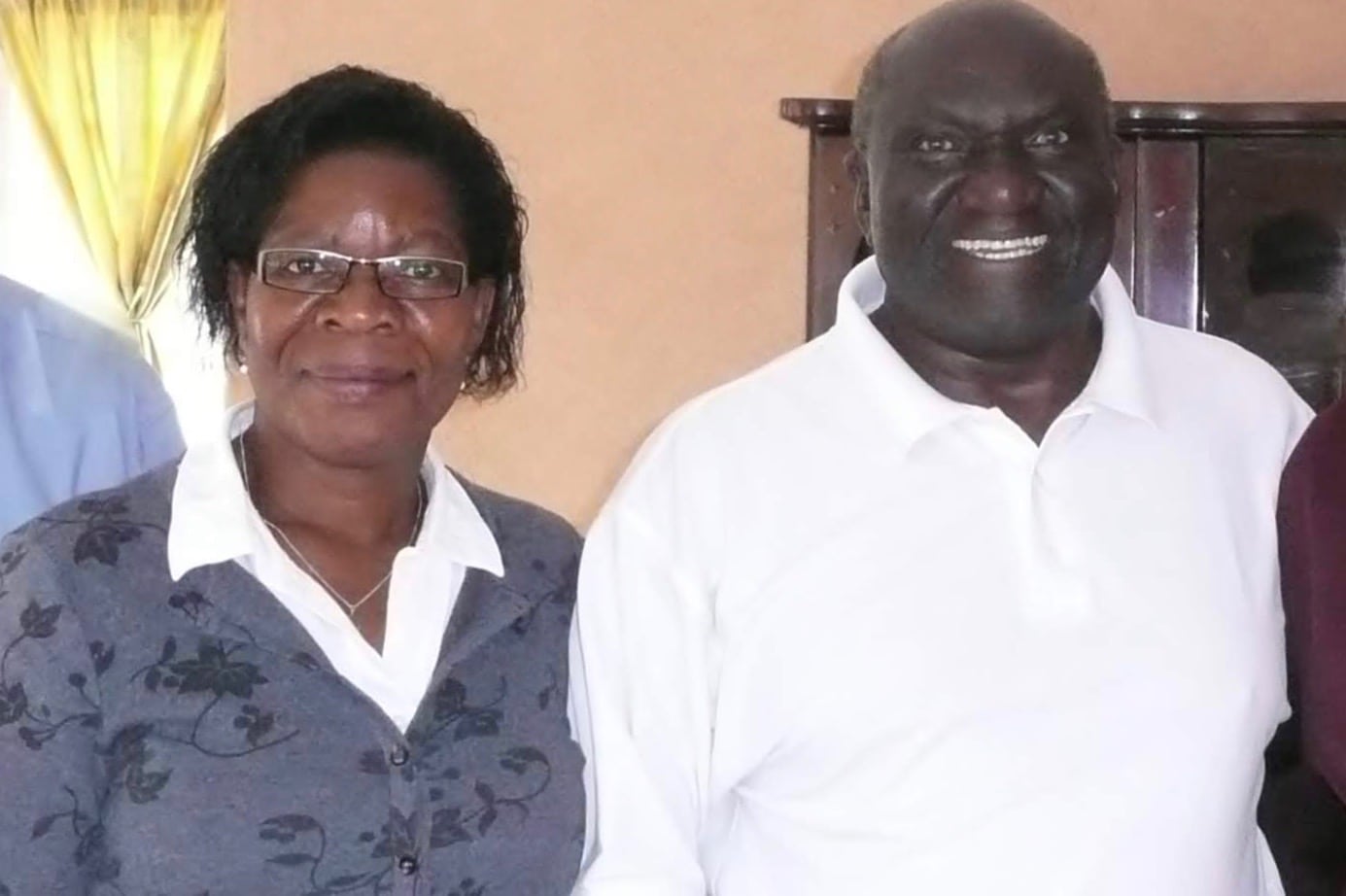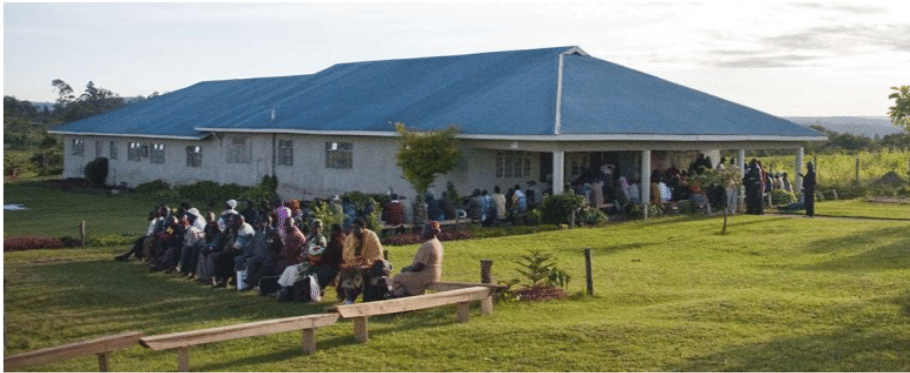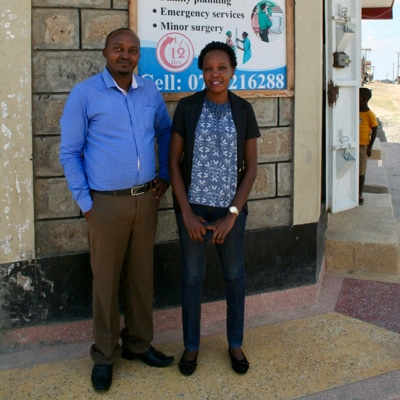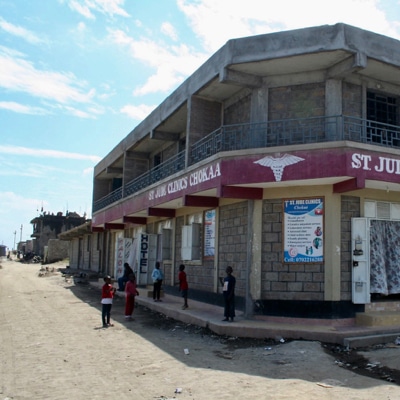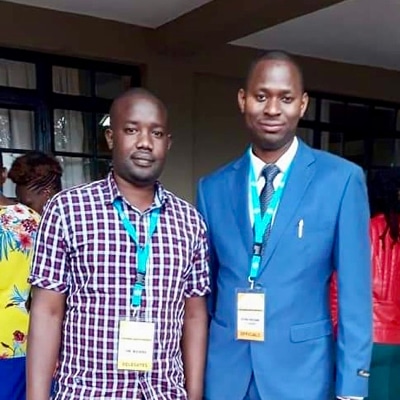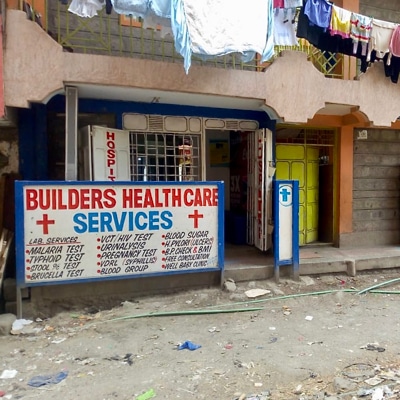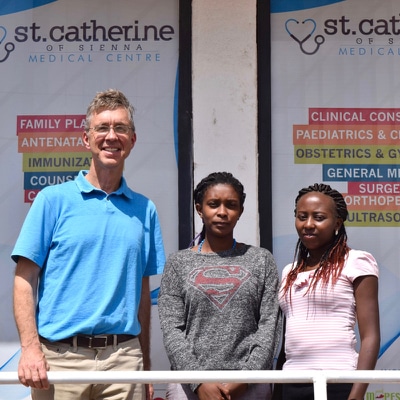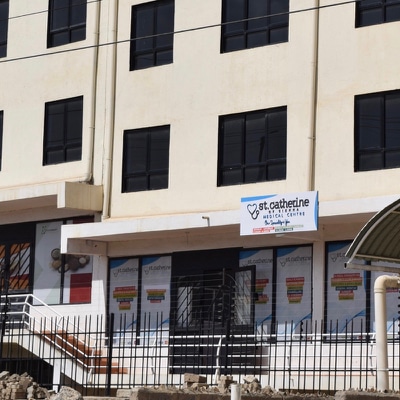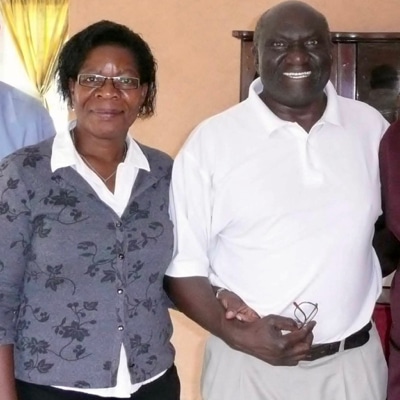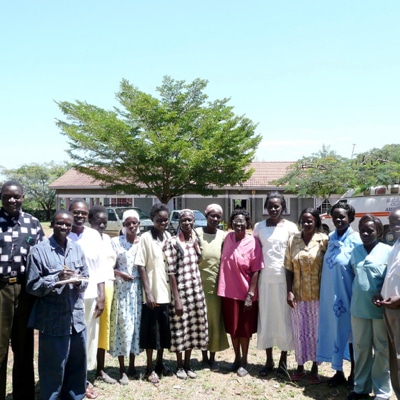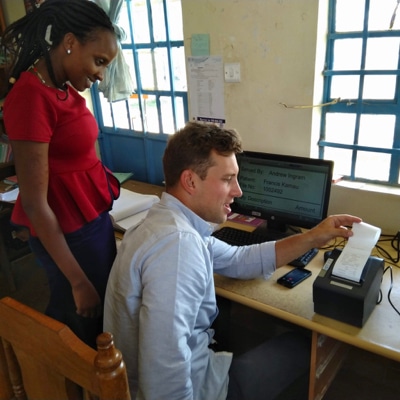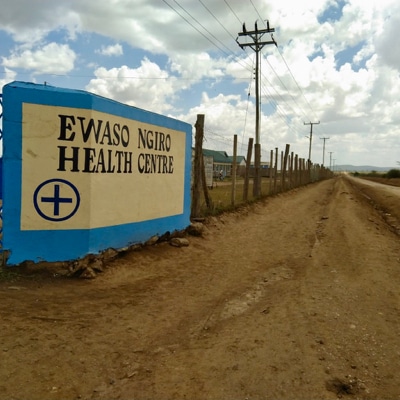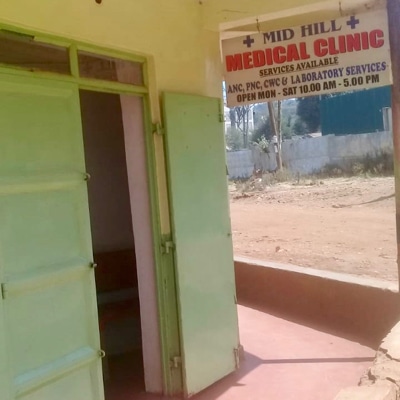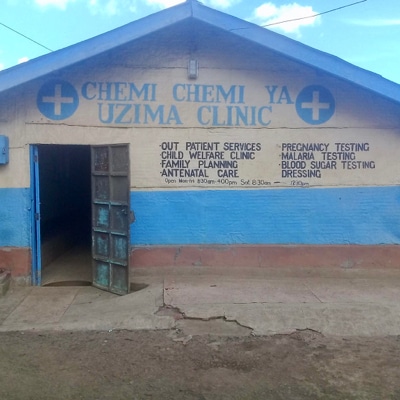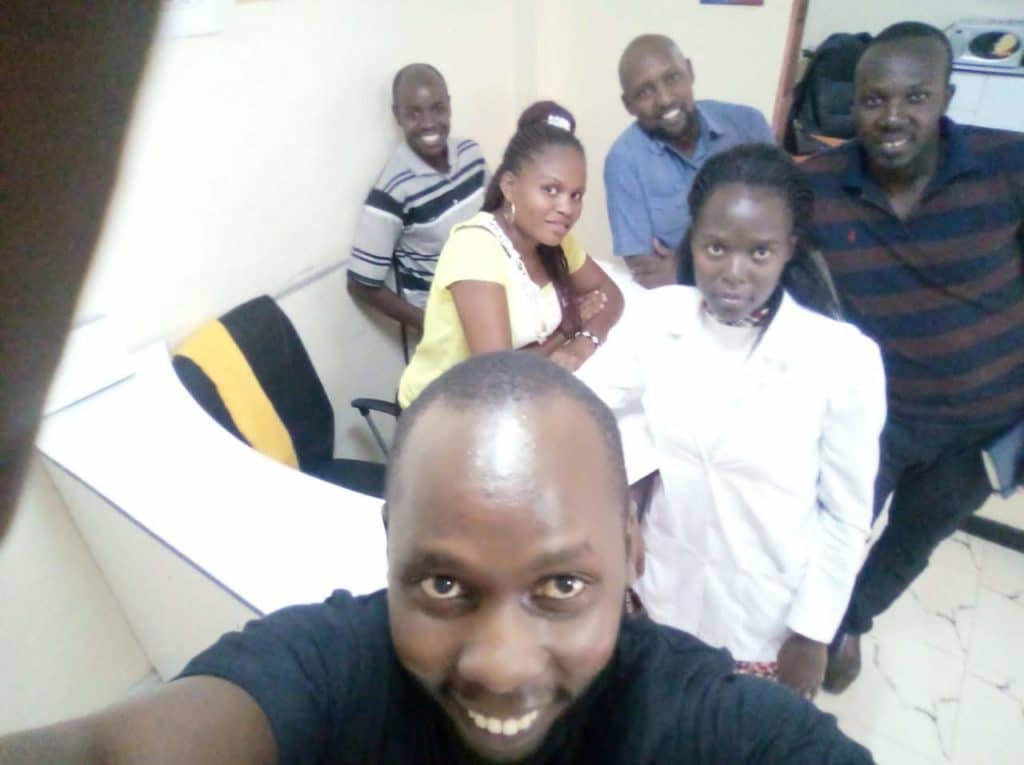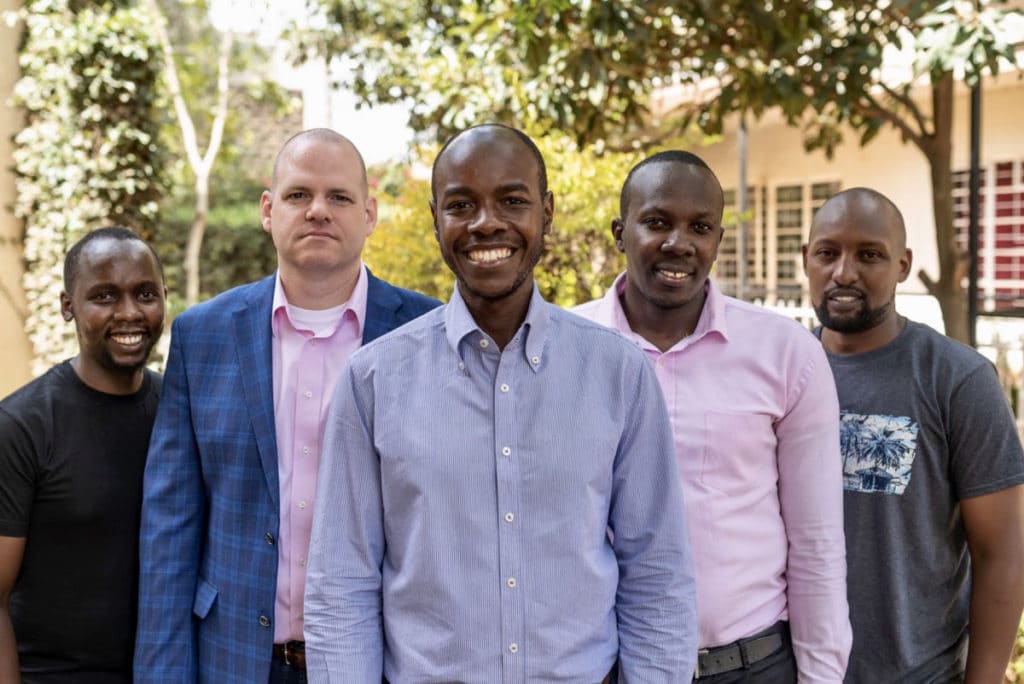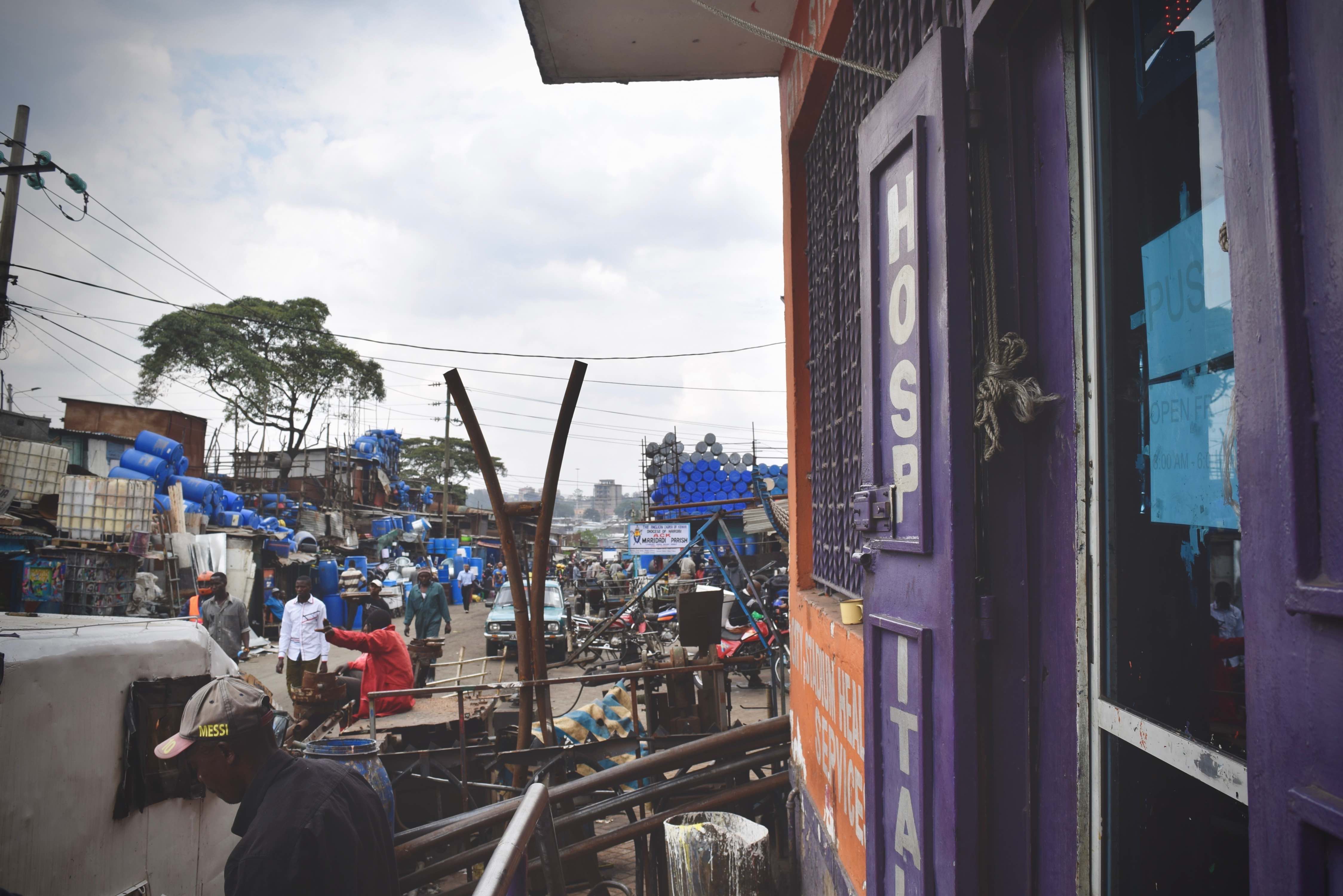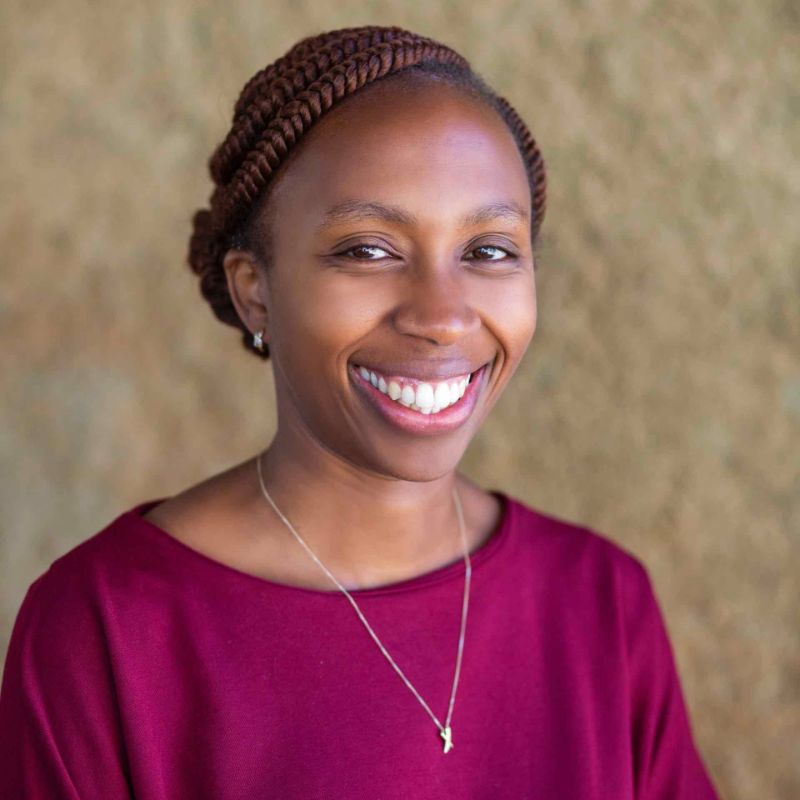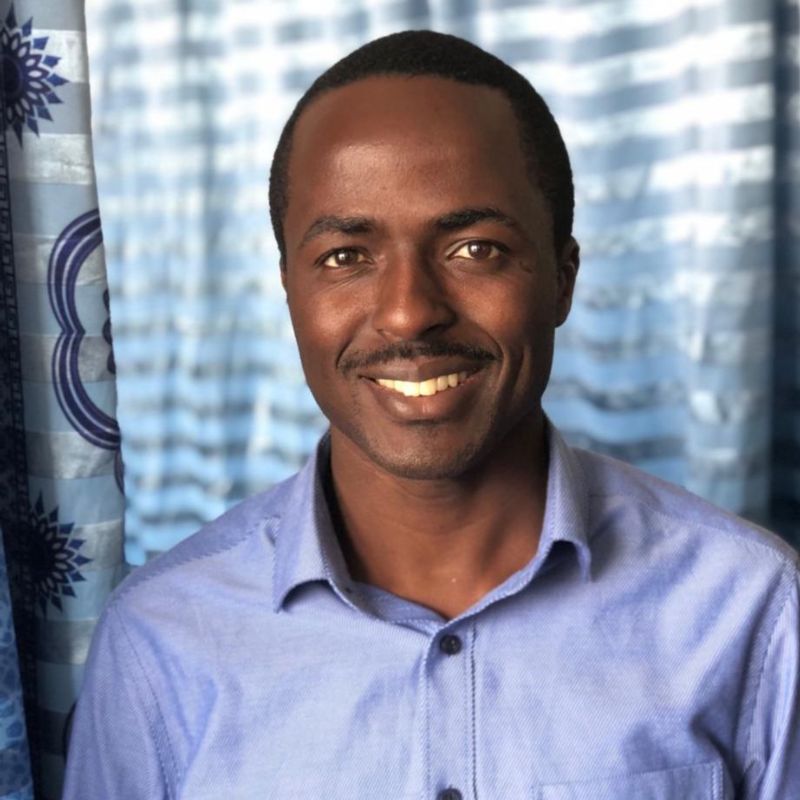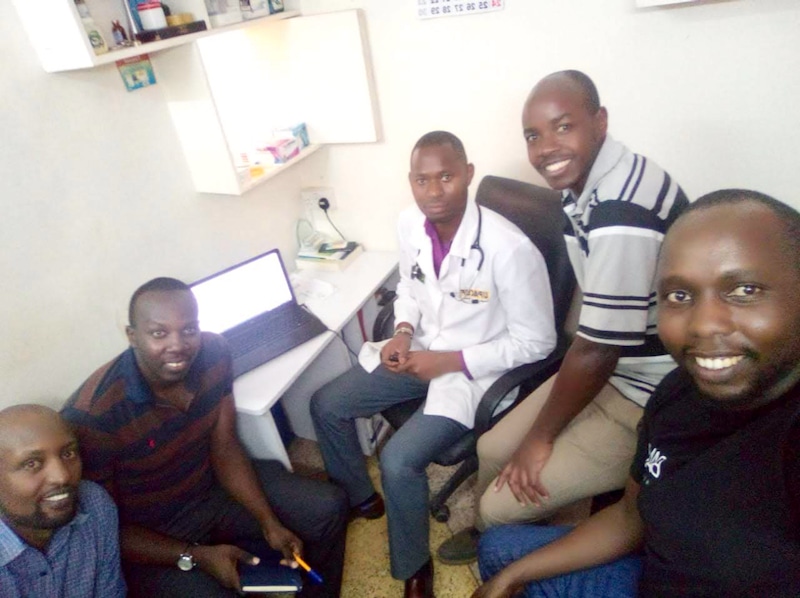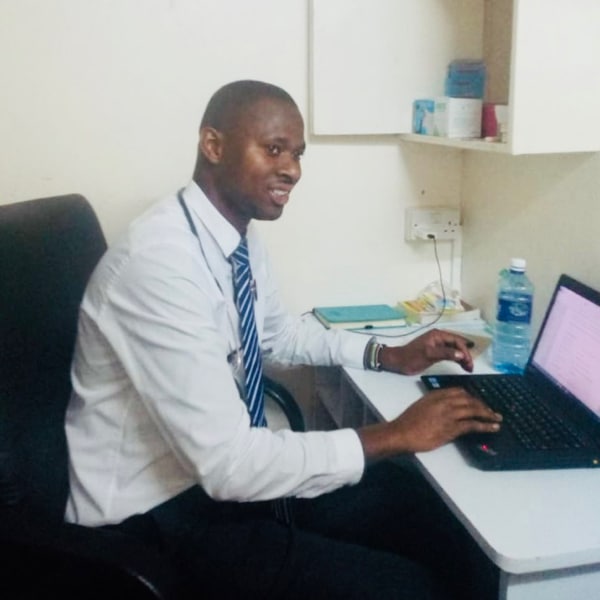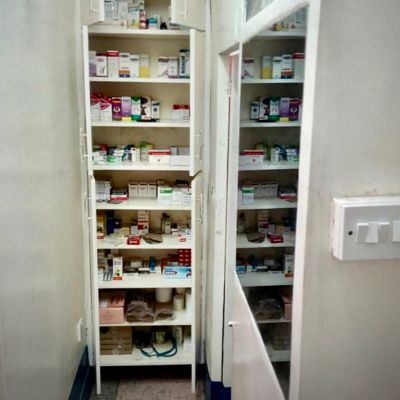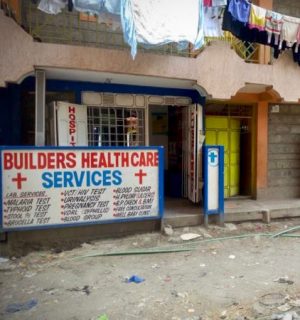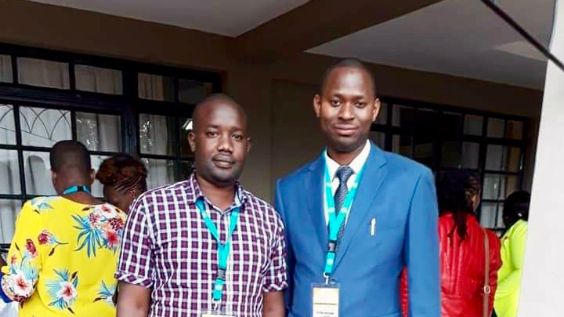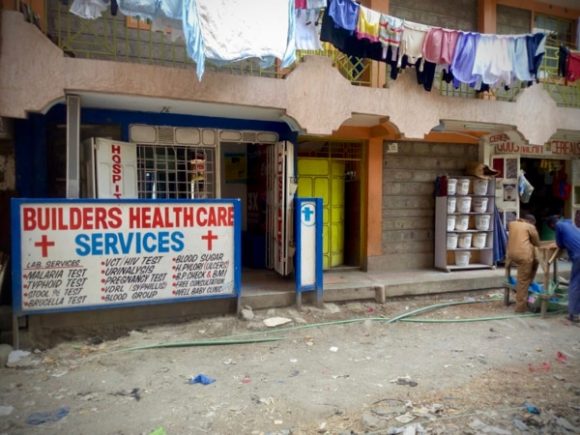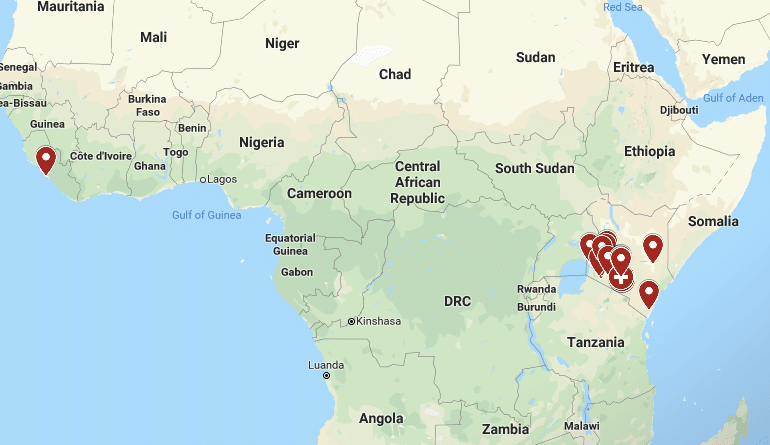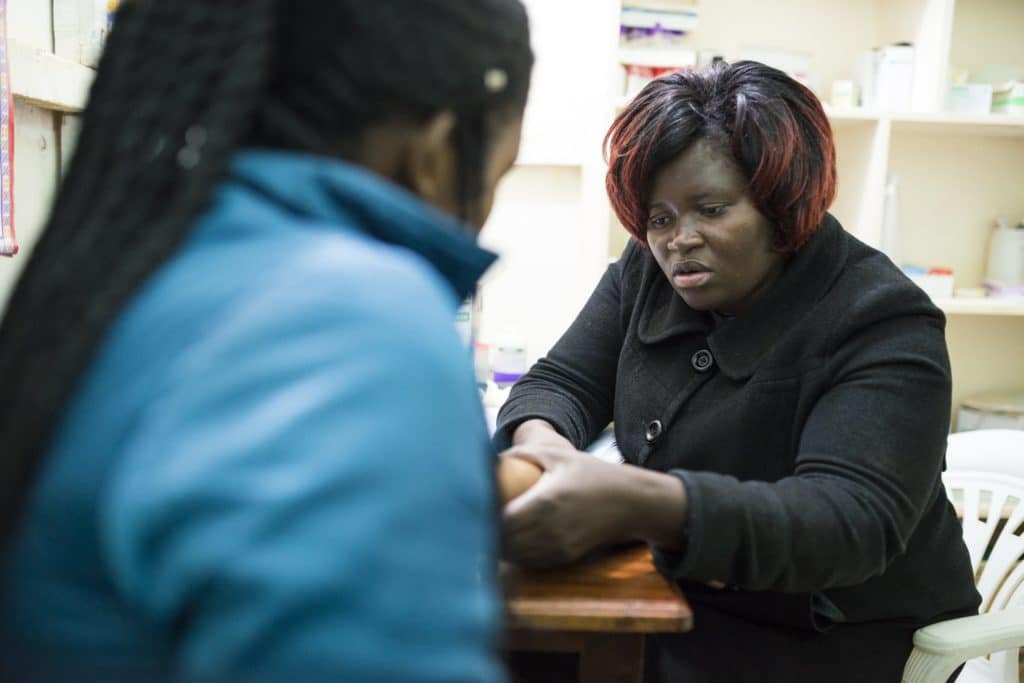The "will to do so"
“We believe there is enough wealth in the world to eradicate poverty, we just need to will to do so.” – the Scotts
Since then, Sylvia and Stephen Scott have bridged communities separated by oceans, language and culture to invest in the community that raised them.
Caring Partners Global, a nonprofit founded by the Scotts, runs Matangwe Hospital as part of its holistic approach to community development that also includes a scholarship program and agricultural and vocational training.
Photos courtesy of the Scotts.
Want to get stories like this straight to your inbox?
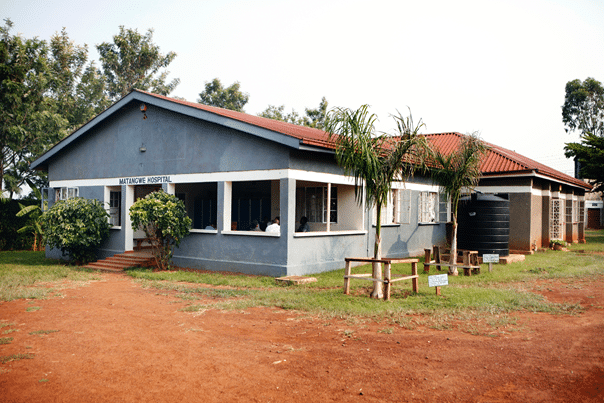
Matangwe Hospital: holistic approach to sustainability
Matangwe Hospital serves a largely rural community inland from Lake Victoria in western Kenya. To provide the best care possible to a community that has endured economic depression, a devastating HIV/AIDs epidemic, and environmental decline, Matangwe often ends up subsidizing the cost of medications and services. To deal with this financial pressure, Matangwe Hospital and its parent organization Caring Partners Global employ a holistic approach to sustainability that includes water infrastructure development, agricultural training, vocational training and a scholarship program.
This is a long-term approach to sustainability – helping the community flourish through higher crop yields, water security and access to good healthcare, and open new economic opportunities through education.
Banda Go fills a critical need by addressing resource management at the healthcare level – making long-term sustainability more achievable, but also helping to close that gap immediately by helping Matangwe get the absolute most out of their limited resources.
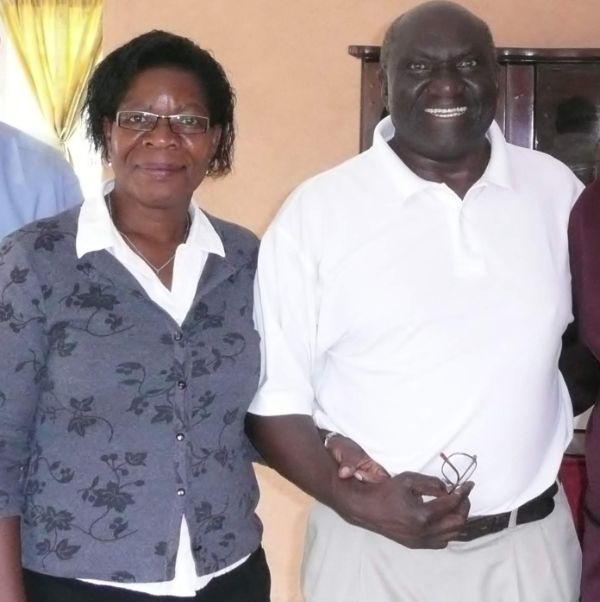
Connecting through a 4th cousin
We connected with Matangwe Hospital and CPG through Steve’s 4th cousin Bryan Gordon (I’m still a bit hazy on what a fourth cousin actually is – it’s not every day you bump into them! In any case here he is with Michael, Kelly and Andrew at our Nairobi office).
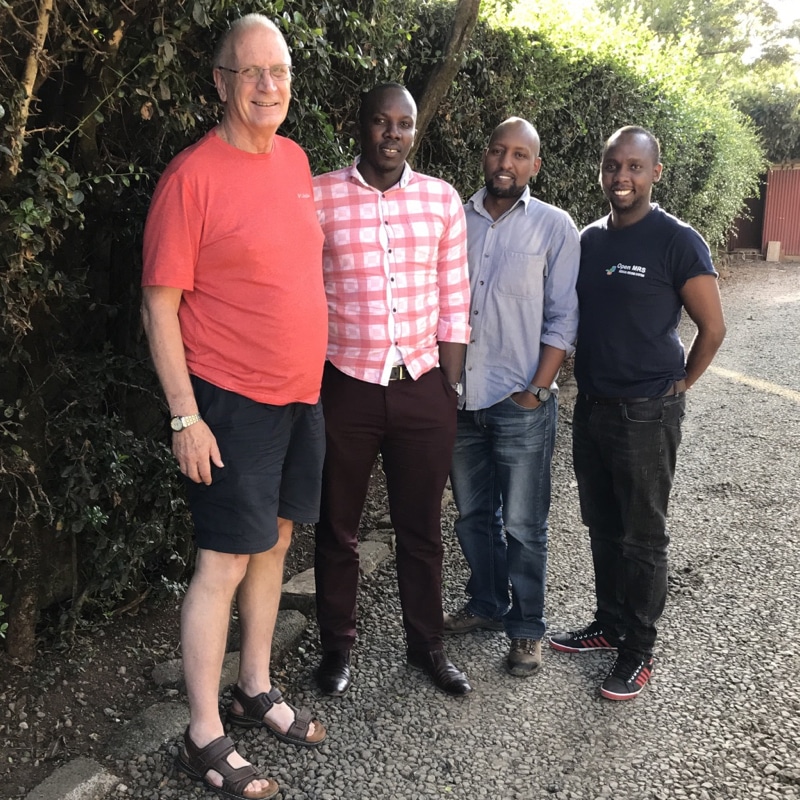
Bryan’s longtime friends Stephen and Sylvia Scott started Matangwe Hospital in 1998, and then Caring Partners Global in 2002 to facilitate sustainable development in the region. But it was back in 1994 that the Scotts found themselves in a position to be the catalyst for change in Matangwe.
20 years after leaving home, a very different Matangwe
Stephen and Sylvia got married in Kenya, and two weeks after their wedding moved worlds away to Canada to study and to work. At the time, Sylvia says, “I don’t think we ever talked about it – whether Canada would be our home for a long while.”
Twenty years – bachelor’s degrees, master’s degrees, jobs, promotions, moves, and four beautiful children – later, Sylvia found herself making the long journey back to her home village to take care of her mom, who was sick.
She hardly recognized the place. The HIV/AIDS epidemic had ripped through the community, which still did not have a local clinic to turn to. Decades of intense pressure on the land from farming and charcoal production had severely degraded the environment, and was taking a heavy toll on crop yields and water availability.
At the end of her stay, her brother-in-law approached her with a proposition: community members had raised the $50 needed to purchase land for the community’s first clinic. Would she and Stephen help them actually build it?
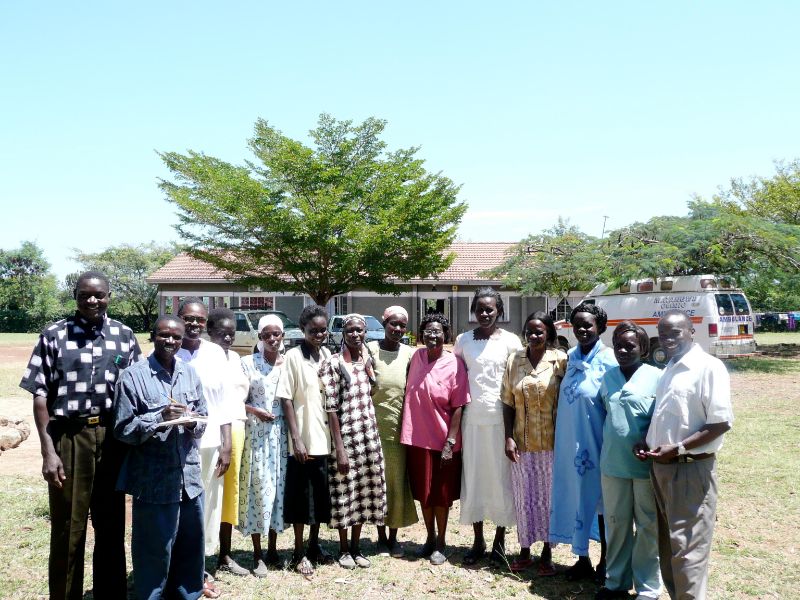
Banda Go helps Matangwe address long-term and immediate sustainability challenges
Stephen and Sylvia will tell you that they never pictured themselves coming back and opening a clinic. Now that clinic has become a small hospital. Since its beginning, providing healthcare to the Matangwe hospital has meant subsidizing the cost of treatment – Caring Partners Global oversees fundraising and finances.
Rather than back down in the face of serious obstacles in paying for healthcare long-term in Matangwe, Caring Partners Global set out a bold long-term strategy for sustainability that addresses the community’s inability to pay by investing in education, infrastructure and the local economy.
Banda Go plays an important role in this strategy by making sure that every available resource at Matangwe Hospital goes as far as it possibly can. With Banda Go, Matangwe is able to cut back on waste, improve financial decision making, and reduce purchasing costs. These improvements certainly go a long way over time, but right now they are critical to CPGs sustainability strategy because they make a difference right away.
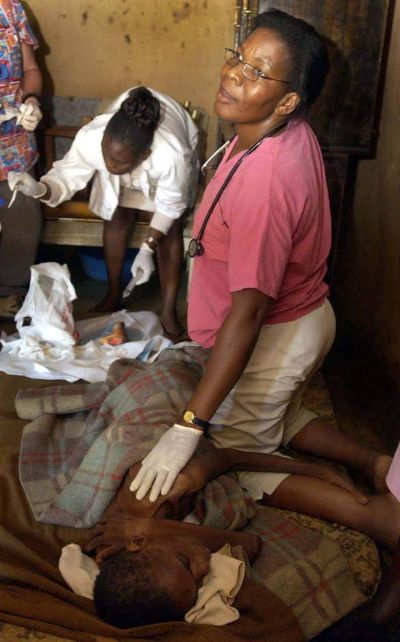
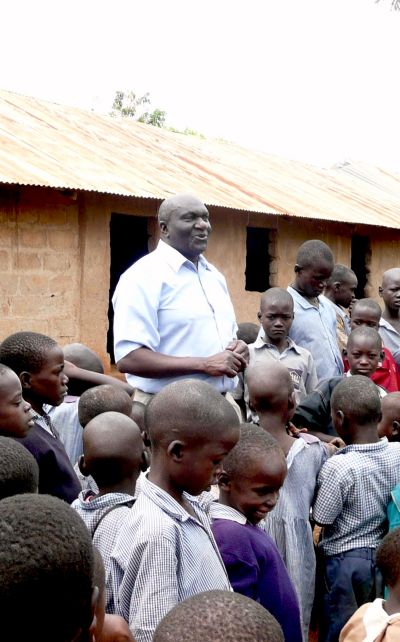
We're inspired by our partners
We love getting to work alongside people like Stephen and Sylvia. We’re inspired by their ambitious dream to partner with the community that raised them for a bright future.
If you want to learn more about Matangwe and Caring Partners Global, check out their website www.caringpartners.ca – and you can donate to CPG here.
As always, thank you for doing this with us. Banda Go is our baby, and it’s taking a global village to raise it. Thanks for being a part of that village.

